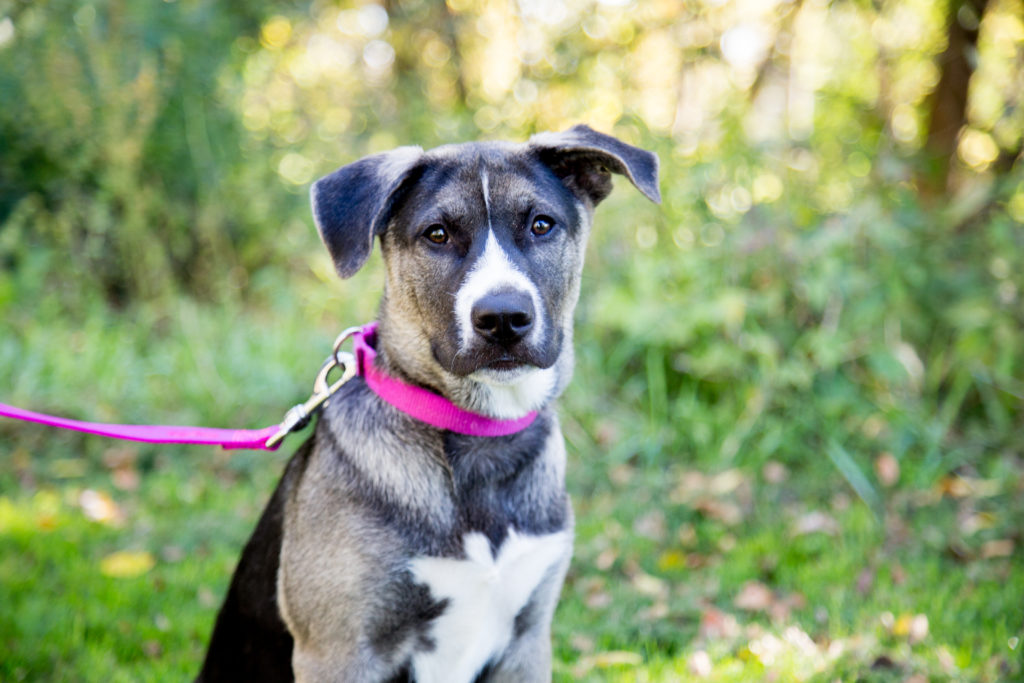
Why Some Dogs Refuse Collars: Insights for Owners
Share
For many pet owners, the collar is an essential accessory, a symbol of both love and responsibility. Yet, some dogs show an aversion to wearing them. Understanding why some dogs refuse collars is crucial for health-conscious pet owners who wish to ensure their pets' comfort and well-being. This article delves deep into the reasons behind this behavior and offers actionable solutions.

The Importance of Collars
Collars are more than just a fashion statement. They are vital for identification, training, and safety. A well-fitted collar can carry ID tags, helping ensure a lost dog can be returned home. It also aids in training, especially with the use of leashes. However, not all dogs are comfortable with this accessory, leading many owners to wonder why some dogs refuse collars.
If you're interested in learning more about collars and their history, you might find this Wikipedia article on dog collars insightful.
Common Reasons for Collar Aversion
1. Sensory Sensitivity
Dogs have heightened senses, and some are particularly sensitive to touch. A collar might feel restrictive or uncomfortable, triggering a negative response. Sensory-sensitive dogs may react to the texture or weight of a collar, leading to refusal. Understanding your dog's sensory needs is vital. For tips on introducing a collar, check out this guide.
2. Past Negative Experiences
Dogs with a history of negative experiences related to collars or leashes may associate them with discomfort or fear. A collar that once caused pain or a tight fit can lead to lasting aversion. It's essential to address these fears with patience and positive reinforcement.
3. Medical Concerns
Physical ailments, such as skin irritations, neck injuries, or allergies, can make wearing a collar uncomfortable or painful. Regular check-ups with a veterinarian can help identify and address these issues.
4. Psychological Factors
Just like humans, dogs have unique personalities. Some might feel restrained or anxious with a collar, especially if they are naturally independent or have a history of anxiety. Understanding your dog's psychological needs can help in selecting the right collar or alternative solutions.
How to Help Your Dog Accept a Collar
Helping your dog accept a collar involves patience, understanding, and the right approach. Here are some steps to consider:
Choosing the Right Collar
Selecting a collar that suits your dog's needs is crucial. Ensure it's the right size and made of comfortable material. Options like DIY braided dog collars can offer comfort and style.
Positive Reinforcement
Introduce the collar gradually, associating it with positive experiences. Offer treats and praise when your dog wears the collar, reinforcing the idea that it's a positive accessory.
Professional Training
If your dog continues to resist, consider seeking help from a professional trainer. They can offer tailored advice and strategies to help your dog adjust.
Additional Resources
For those interested in the broader context of dog collars, you might find this article on the evolution of dog collars enlightening. It provides historical insights that could deepen your understanding of this essential pet accessory.

FAQs
Why does my dog hate wearing a collar?
Your dog might dislike the collar due to sensory sensitivity, past negative experiences, medical issues, or psychological factors. Observe their behavior and consult with a vet if necessary.
Can I train my dog to accept a collar?
Yes, with patience and positive reinforcement, most dogs can learn to accept a collar. Gradual introduction and offering rewards can make the process smoother.
Are there alternatives to traditional collars?
Yes, harnesses are a popular alternative, especially for dogs who do not respond well to collars. They distribute pressure more evenly and can be more comfortable for some dogs.
In conclusion, understanding why some dogs refuse collars requires a careful examination of your pet's unique needs and experiences. By taking a compassionate and informed approach, health-conscious pet owners can ensure their dogs' comfort and safety.
This article contains affiliate links. We may earn a commission at no extra cost to you.
